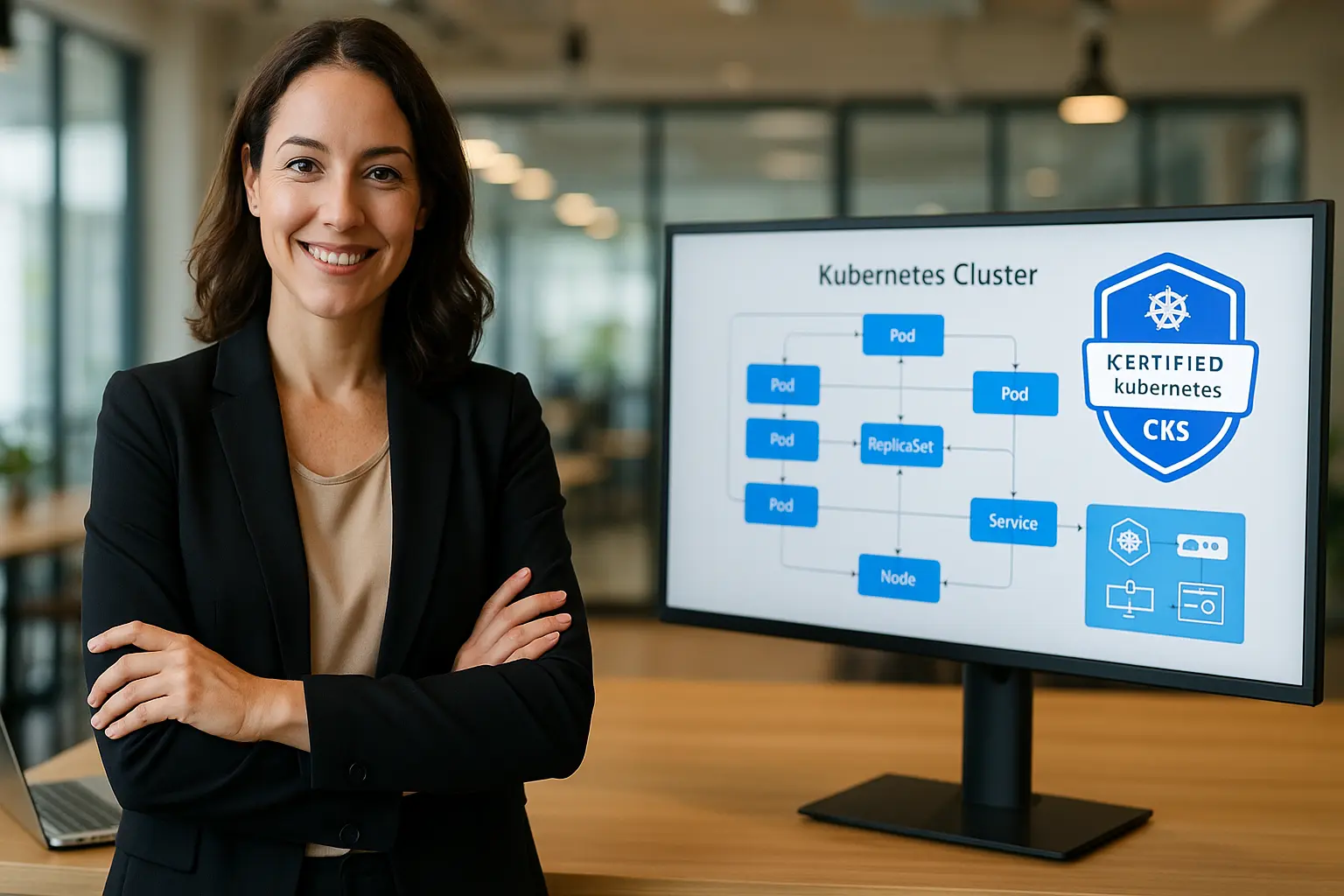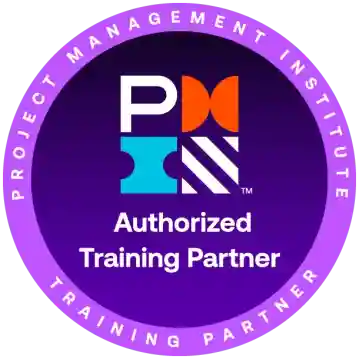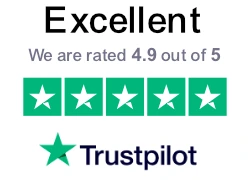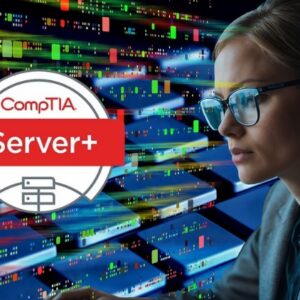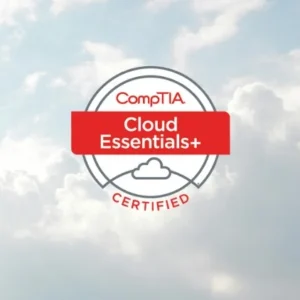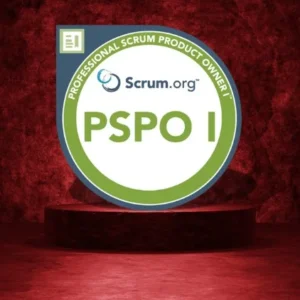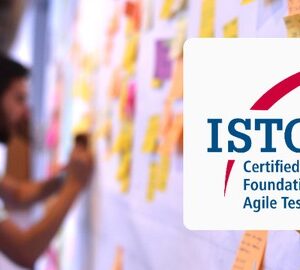Whether you’re preparing for the CKS exam or seeking to deepen your Kubernetes security expertise, this CKS mock exam course offers everything you need to succeed. With multiple realistic Certified Kubernetes Security Specialist Practice Tests with 6 practice tests and comprehensive scenario-based 250+ questions, it’s designed to sharpen your understanding and build practical security skills within Kubernetes environments.
Kubernetes is widely adopted across organizations—and securing it is critical. The Certified Kubernetes Security Specialist (CKS) certification validates your ability to protect and harden cluster environments using industry best practices. This CKS Practice Tests course offers guided security-focused questions to prepare you thoroughly for the real exam and real-world challenges.
Enroll in Certified Kubernetes Security Specialist Mock Exam Series to refine your security acuity, master Kubernetes defense techniques, and approach the CKS exam with clarity and confidence.
Gururo is a PMI Authorized Training Partner
At-a-glance
Best for
- Security engineers
- DevOps professionals
- Kubernetes administrators
- Anyone Serious
Why Gururo?
- Lowest Cost
- PMI Authorized Training Partner (ATP)
- 24*7 Support
- 365 days access
Course Details
- 6 full-length CKS mock exams
- 250+ challenging questions
- Instant Access
- Certificate of Completion
Highlights
- Realistic Exam Simulation
- Aligned with actual exam blueprint
- Progress Tracking & Review option
- Unlimited Attempts
What You’ll Learn
- Working knowledge of Kubernetes fundamentals, cluster architecture, and basic workloads is required.
- Familiarity with kubectl, YAML configuration files, and Kubernetes API objects will be essential.
- Prior experience with containerized applications and Docker or container runtime tools is beneficial.
- Basic understanding of network concepts (e.g., CIDR, overlay networks) will support network policy exercises.
- Knowledge of common cloud providers (AWS, GCP, Azure) and managed Kubernetes services is helpful but not mandatory.
- Comfort working in Linux environments and using command-line interfaces is recommended.
- Prior exposure to security principles, such as encryption and authentication, will enhance your learning.
- Access to a Kubernetes cluster (local or managed) for hands-on practice is encouraged.
- A mindset focused on security best practices and continuous improvement is valuable.
Course Requirements / Prerequisites
- Working knowledge of Kubernetes fundamentals, cluster architecture, and basic workloads is required.
- Familiarity with kubectl, YAML configuration files, and Kubernetes API objects will be essential.
- Prior experience with containerized applications and Docker or container runtime tools is beneficial.
- Basic understanding of network concepts (e.g., CIDR, overlay networks) will support network policy exercises.
- Knowledge of common cloud providers (AWS, GCP, Azure) and managed Kubernetes services is helpful but not mandatory.
- Comfort working in Linux environments and using command-line interfaces is recommended.
- Prior exposure to security principles, such as encryption and authentication, will enhance your learning.
- Access to a Kubernetes cluster (local or managed) for hands-on practice is encouraged.
- A mindset focused on security best practices and continuous improvement is valuable.
Who Should Take This Course?
- Security engineers preparing for the Certified Kubernetes Security Specialist (CKS) exam.
- DevOps professionals focused on cloud-native infrastructure and container security.
- Kubernetes administrators aiming to demonstrate security proficiency and certification readiness.
- Site reliability and platform engineers responsible for securing production clusters.
- Security auditors and compliance personnel assessing Kubernetes environments.
- Cloud engineers and architects integrating Kubernetes into secure deployment pipelines.
- Developers interested in understanding security implications of application workloads.
- IT professionals working with container orchestration in regulated or high-risk industries.
- Career-switchers entering cloud-native security and Kubernetes-related roles.
- Anyone seeking structured mock exams to refine security practices and boost exam confidence.

